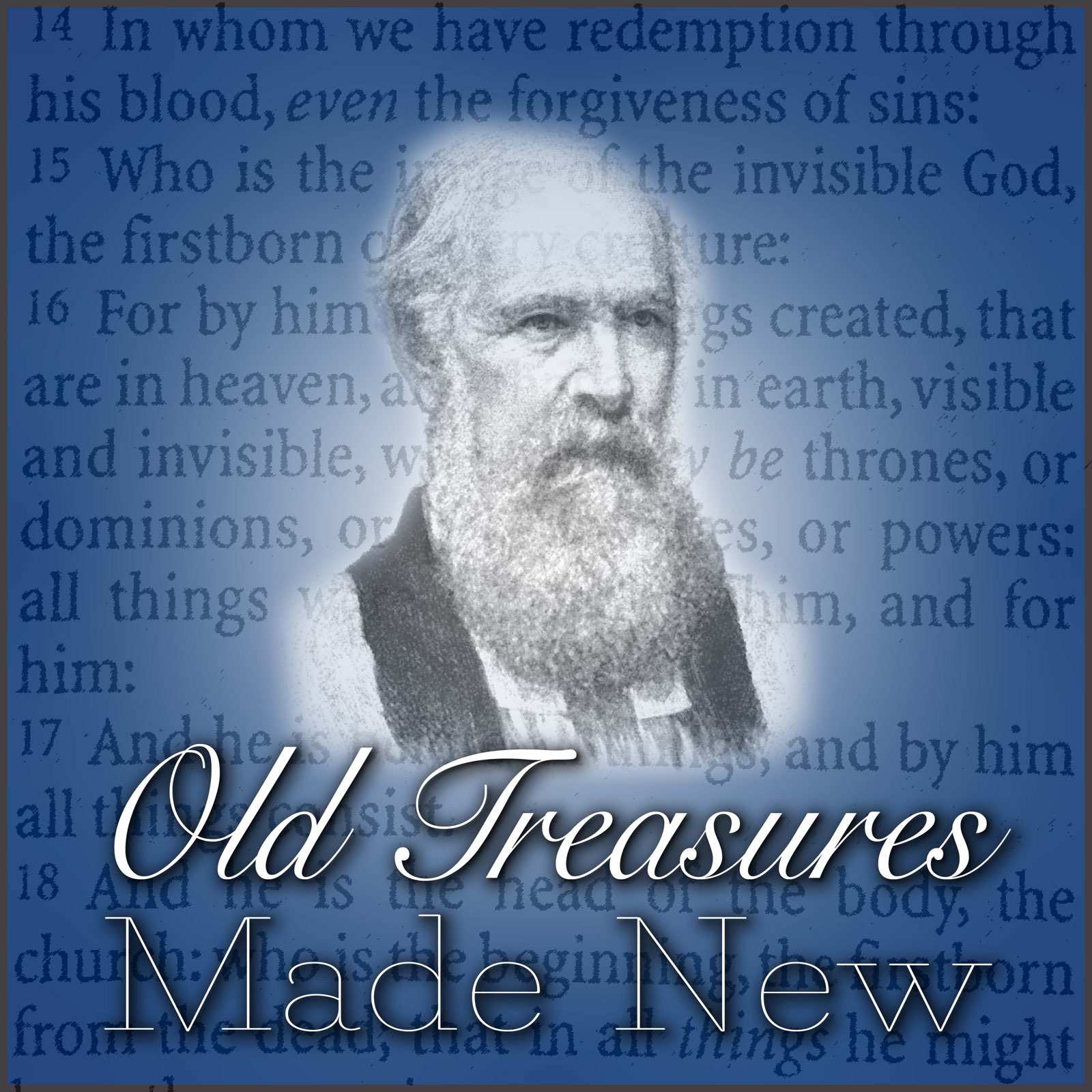Episode 328
John 3:9-21
Until John, we have been using older manuscripts of Ryle's Expository Thoughts. Just recently, though, EP Publishing has put out a lightly updated version of Ryle's work, which I am now working from. If you are interested in a physical copy of the Expository Thoughts, you can find it HERE.
John 3:9-21
- These verses show us what gross spiritual ignorance there may be in the mind of a great and learned man.
- These verses show us the original source from which our salvation springs.
- These verses show us the particular plan by which the love of God has provided salvation for sinners.
- These verses show us the way in which the benefits of Christ’s death are made our own.
- These verses show us the true cause of the loss of a person’s soul.
"Learning, rank and high church office are no proof that a minister is taught by the Spirit. The successors of Nicodemus, in every age, are far more numerous than the successors of Peter."
"Let us take heed that our views of the love of God are Scriptural and well-defined. The subject is one on which error abounds on either side. On the one hand we must beware of vague and exaggerated opinions...On the other hand, we must beware of narrow and contracted opinions."
"It is true that we are sinners, but Christ has suffered for us. It is true that we deserve death, but Christ has died for us. It is true that we are guilty debtors, but Christ has paid our debts with His own blood. This is the real gospel! This is the good news! On this let us lean while we live. To this let us cling when we die. Christ has been lifted up on the cross and has thrown open the gates of heaven to all believers."
"Faith in the Lord Jesus is the very key of salvation. The one who has it has life and whoever does not have it does not have life. Nothing whatever beside this faith is necessary to our complete justification, but nothing whatever, except this faith, will give us an interest in Christ."
"There is no unwillingness on God’s part to receive any sinner however great their sins. God has sent light into the world and if someone will not come to the light, the fault is entirely on their side."
Questions:
1. Ryle points out that those words “For God so loved the world” is referring to everyone without exception.” He also points out that we must beware, on one hand of vague and exaggerated opinions, such that God doesn’t hate wickedness and that those who persist in it will not perish because God so loved the world. On the other hand, we must beware of narrow and contracted opinions, such as God only loves the elect. We must declare to sinners that God loves them, and we must believe that God does not delight in the destruction of the wicked. Do we fall on to one side or the other of this topic? A shameless plug would be D.A. Carsons’ The Difficult Doctrine of the Love of God for all who would desire to go deeper.
2. The serpent being lifted up in the wilderness is a signpost pointing forward to Jesus being raised up on the cross, taking the penalty for our sin. This is the heartbeat of our salvation. This is the core of the gospel. Is this where we find our hope and peace? Is Christ crucified the hope we lean upon and share with others?
3. Ryle highlights the essential truth that we are justified by faith alone. Yes, true faith will produce works, but those works are not what justifies us. It might seem like splitting hairs to some, but this is the difference between joy and peace in believing, and misery as we look to our works to save us. Do we know this distinction?
4. Ryle touches on another subject and declares that there is no reprobation, that is, a predestination to hell. The Bible, though clearly declaring that God predestines to eternal life, never talks of that the other way, and here, in John 3, we see clear evidence of that: God sent His Son into the world to save it. If anyone is at last not saved, it is on their own heads. What does this truth do to our hearts?


